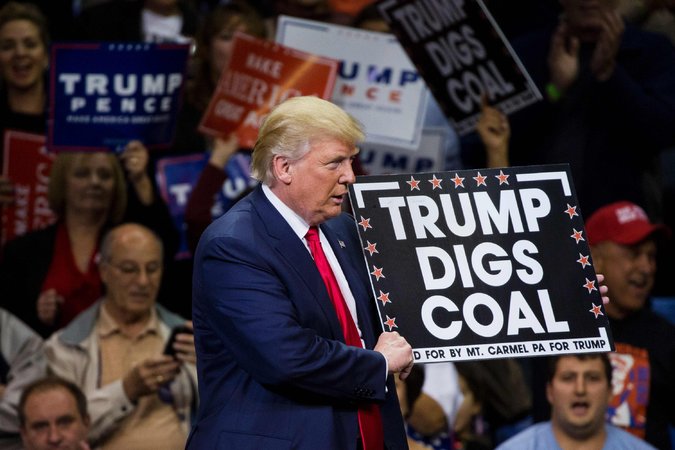By Christopher B. Daly
Below is a piece I wrote for the Made in History section of The Washington Post.
(The original had a different illustration.)

Democracy Dies in Darkness
Made by History Perspective
Why we shouldn’t criminalize political speech — even the worst of it
A marketplace of ideas is our best hope for functional democracy.
By Christopher B. Daly May 24 at 6:00 AM
Christopher B. Daly is a reporter, historian and professor at Boston University and the author of the prize-winning study of the history of U.S. journalism titled “Covering America,” now available in an expanded second edition.
A CENTURY AGO this month, Congress passed a Sedition Act, effectively making it illegal to express opposition to President Woodrow Wilson’s war policies and abridging Americans’ First Amendment rights to freedom of speech and of the press.
With candidate Donald Trump arguing protesters should be arrested and now-President Trump making threats on a regular basis against what he calls “fake news,” hinting that he would like to rein in a free press, it seems timely to consider the Sedition Act of 1918 and see what can be learned from that history.
Wilson had campaigned for reelection in 1916, in part on the slogan “He Kept Us Out of War!” Things changed quickly, however, in 1917. By April, Wilson had decided that German attacks on U.S. shipping were intolerable, and he attempted to lead a reluctant nation into war. Because he did not entirely trust the public to support his push, Wilson was concerned about enforcing “loyalty,” as he understood it.
With the U.S. mobilizing for war and Democrats in control of the federal government, Congress gave Wilson a new tool for enforcing that loyalty: the Espionage Act. While criminalizing expression, the Espionage Act was fairly non-controversial — prohibiting behavior that amounted to military spying (taking U.S. military secrets without authority and selling or giving them to a hostile power in wartime).
But it also set a dangerous limit on freedom of speech. Whenever the United States was at war, the law made it a federal crime to make “false statements” intended to interfere with the armed forces or to “willfully obstruct” the military draft. Violations could be punished by fines of up to $10,000 or by 20 years in prison.
Essentially, Congress made it a crime to use words to oppose the war effort or to encourage young men to resist the draft. The greatest immediate impact of the new law fell on the socialist and German-language newspapers, many of which were promptly suppressed.
In 1918, while U.S. forces were fighting in Europe, the majority of American newspapers enthusiastically supported the war effort. Most cooperated with the government’s efforts to shape the coverage, and when in doubt, most editors engaged in self-censorship. Even so, the president and Congress were not taking any chances.
So Congress passed another, more draconian law abridging freedom of the press, the Sedition Act of 1918 (technically, a batch of amendments to the Espionage Act). For the first time since 1798, Congress deemed expression of certain ideas a crime. The result was, according to one legal scholar, “the most repressive legislation in American history.”
The 1918 law made it a crime to publish “any disloyal, profane, scurrilous, or abusive language” or any language intended to provoke scorn about the American government, system of government, Constitution, armed forces or flag. It also prohibited displaying the flag of a foreign enemy and any advocacy for the curtailment of the production of goods necessary to prosecute the war effort. Violations could be punished by fines up to $10,000 or 20 years in prison. Both the House and Senate rapidly approved the measure, and Wilson signed it into law in May 1918.
The plain meaning of the new law was clear: Watch what you say. If you displease the government, you will go to jail.
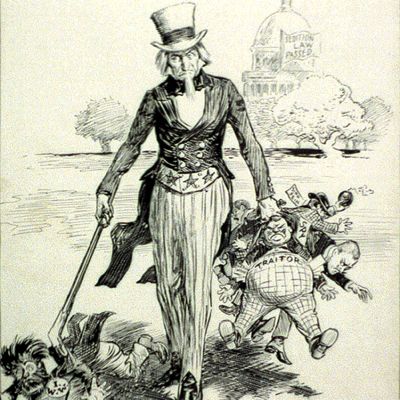 Federal prosecutors made ample use of the statute during the remaining six months of the war. One month after the law was signed, for example, prosecutors brought charges against the most prominent socialist in the United States, Eugene V. Debs. As the Socialist Party candidate for president in 1912, Debs had captured almost a million votes. Debs was a visible critic of the war with a substantial following nationwide. Yet his popularity didn’t prevent Debs from being sentenced to 10 years in federal prison — just for giving a speech.
Federal prosecutors made ample use of the statute during the remaining six months of the war. One month after the law was signed, for example, prosecutors brought charges against the most prominent socialist in the United States, Eugene V. Debs. As the Socialist Party candidate for president in 1912, Debs had captured almost a million votes. Debs was a visible critic of the war with a substantial following nationwide. Yet his popularity didn’t prevent Debs from being sentenced to 10 years in federal prison — just for giving a speech.
The wartime limits upon freedom of speech and press led to a series of U.S. Supreme Court rulings after the war ended in 1919, which permanently circumscribed freedom of expression, particularly in wartime.
In the landmark case of Schenck v. U.S., socialist Charles Schenck challenged a prison sentence he had received not for an act of resistance, but for authoring a pamphlet urging voters to tell their member of Congress to vote against the draft. Supreme Court Justice Oliver Wendell Holmes Jr. spoke for the court, asserting that all speech must be considered in context. He famously used the example of shouting “Fire!” in a crowded theater, which, while being a civic duty in a burning theater, was dangerous and reckless in a theater not on fire.
Applying this logic to wartime, Holmes concluded that Schenck’s ideas amounted to a “clear and present danger” to a country at war, and the court upheld his conviction. The court also upheld Debs’s conviction. Holmes explained that if “one purpose of the speech . . . was to oppose [the] war, . . . and if, in all the circumstances, that would be its probable effect, it would not be protected.”
The Court split in Abrams v. U.S., a case in which the defendants were sentenced to as much as 20 years in prison for a political pamphlet that charged that Wilson had ordered an invasion of Russia not for his stated reason — to open an eastern front against Germany — but to roll back the Russian Revolution. Citing Holmes’s reasoning in Schenck, the majority unsurprisingly upheld the convictions of the defendants.
But Holmes himself dissented, along with Justice Louis Brandeis, laying out the case against the Sedition Act — one that resonates today. He argued that the framers of the Constitution believed that “the best test of truth is the power of the thought to get itself accepted in the competition of the market, and that truth is the only ground upon which their wishes safely can be carried out.” Clearly, Holmes had come to believe that Americans were best served when truth and error were free to do battle in a wide-open “marketplace of ideas” in which the government plays no role.
In spite of the Court’s willingness to countenance limits upon free speech, on Dec. 13, 1920, Congress repealed the Sedition Act while leaving intact the older provisions that made up the Espionage Act. That law remains in effect today, banning criminal deeds.
But we have now survived a century without a Sedition Act, and we should heed the clarion warning from Holmes. The First Amendment protects political speech for a reason — the founders wisely understood that an open marketplace of ideas provided the best chance for democratic governance to work. We should not be in a rush to put Americans in jail for the things they think, say, print, broadcast or tweet.
–30–

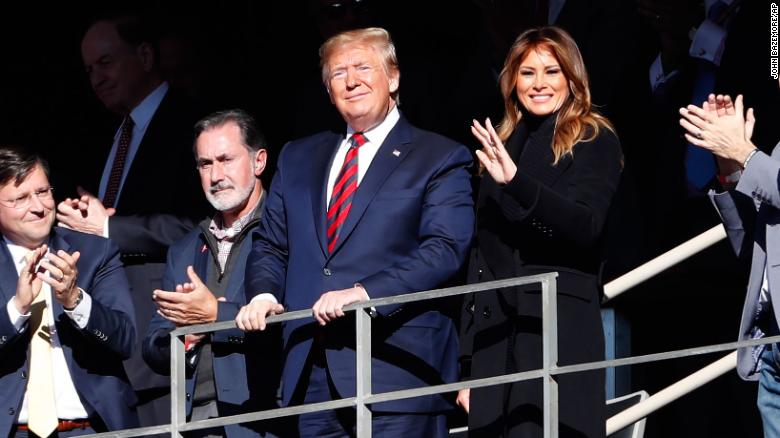


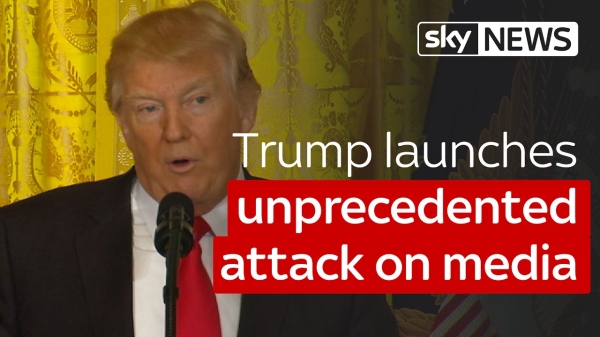 be proud of their important work. But to make sure that journalism is not misunderstood or undermined by others, these times call for high standards and new approaches. Clearly, Trump cannot be counted on to elevate the discourse, so it will be up to members of the news media to impose discipline, standards, and new protocols.
be proud of their important work. But to make sure that journalism is not misunderstood or undermined by others, these times call for high standards and new approaches. Clearly, Trump cannot be counted on to elevate the discourse, so it will be up to members of the news media to impose discipline, standards, and new protocols. As Joseph Pulitzer, a great publisher and editor who did battle with presidents in his day, defined the stakes in this challenge: “Our republic and its press will rise or fall together.”
As Joseph Pulitzer, a great publisher and editor who did battle with presidents in his day, defined the stakes in this challenge: “Our republic and its press will rise or fall together.”
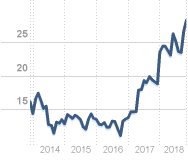

 Federal prosecutors made ample use of the statute during the remaining six months of the war. One month after the law was signed, for example, prosecutors brought charges against the most prominent socialist in the United States, Eugene V. Debs. As the Socialist Party candidate for president in 1912, Debs had captured almost a million votes. Debs was a visible critic of the war with a substantial following nationwide. Yet his popularity didn’t prevent Debs from being sentenced to 10 years in federal prison — just for giving a speech.
Federal prosecutors made ample use of the statute during the remaining six months of the war. One month after the law was signed, for example, prosecutors brought charges against the most prominent socialist in the United States, Eugene V. Debs. As the Socialist Party candidate for president in 1912, Debs had captured almost a million votes. Debs was a visible critic of the war with a substantial following nationwide. Yet his popularity didn’t prevent Debs from being sentenced to 10 years in federal prison — just for giving a speech.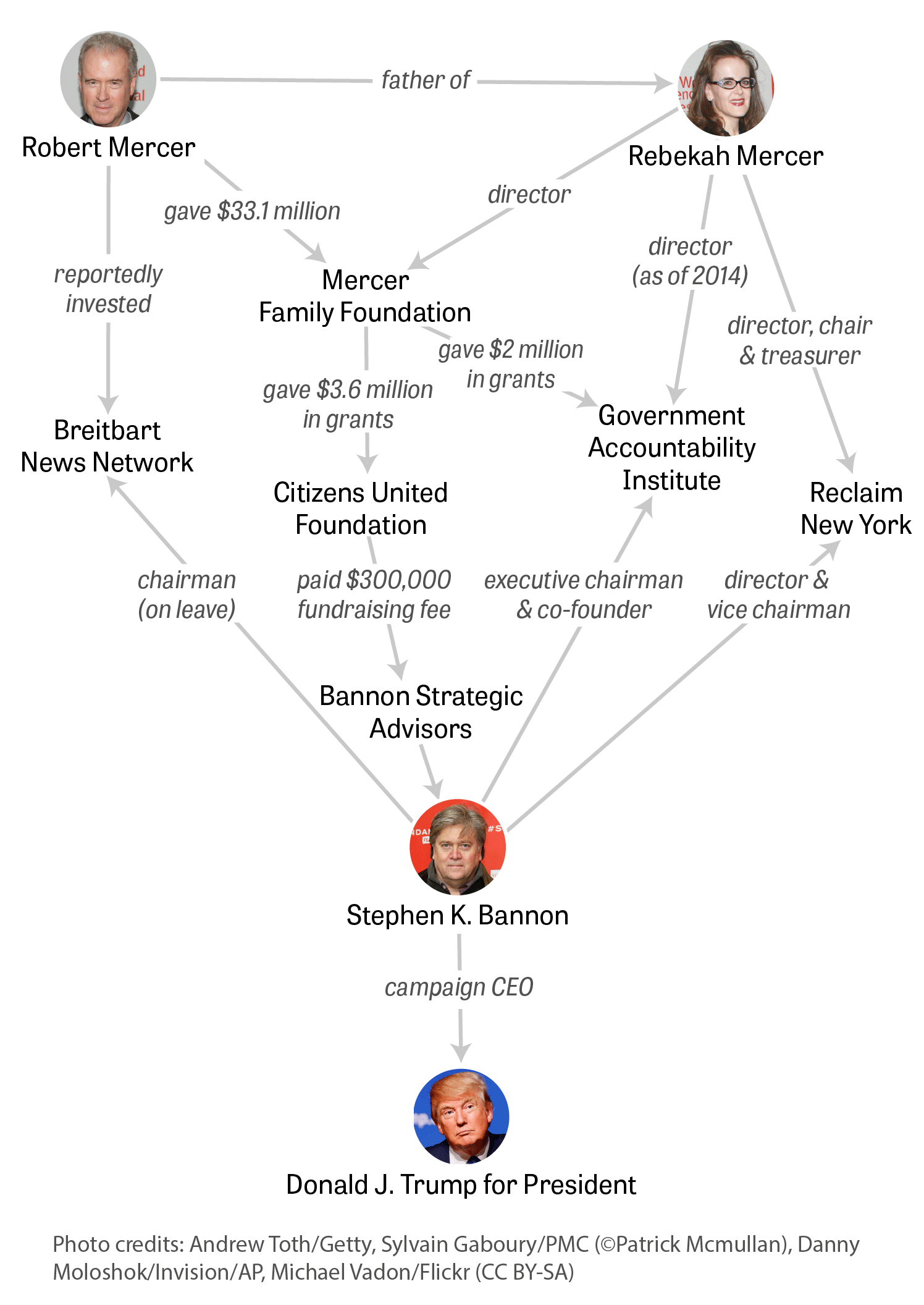
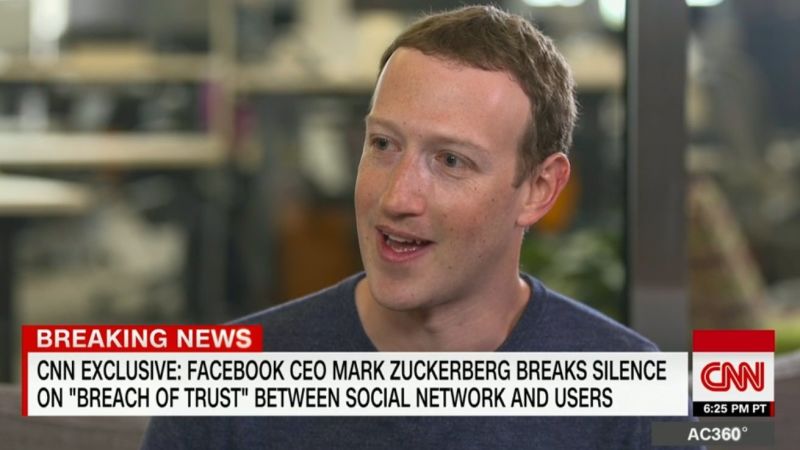 profits above all, for lacking candor at every step of the way.
profits above all, for lacking candor at every step of the way.
